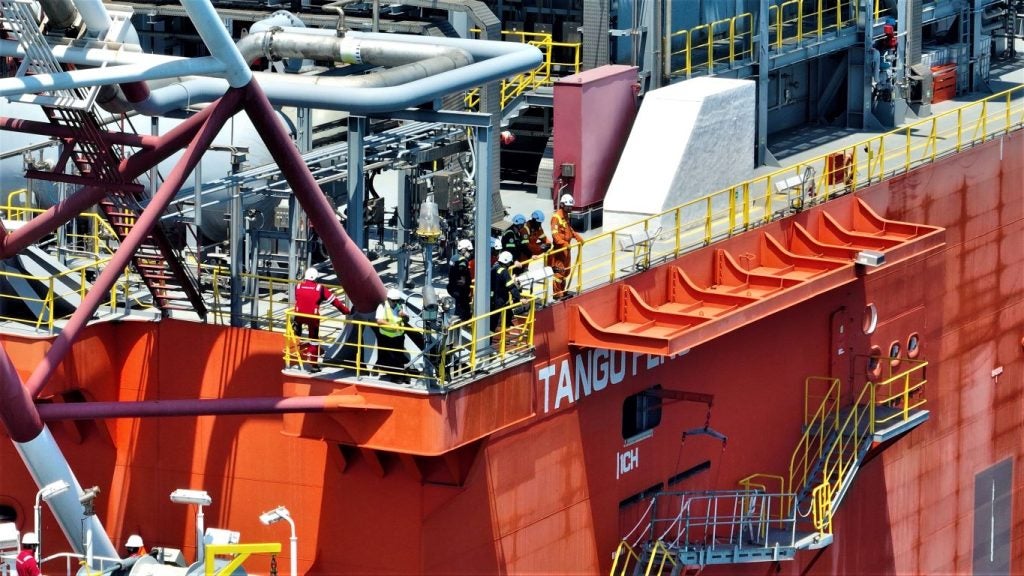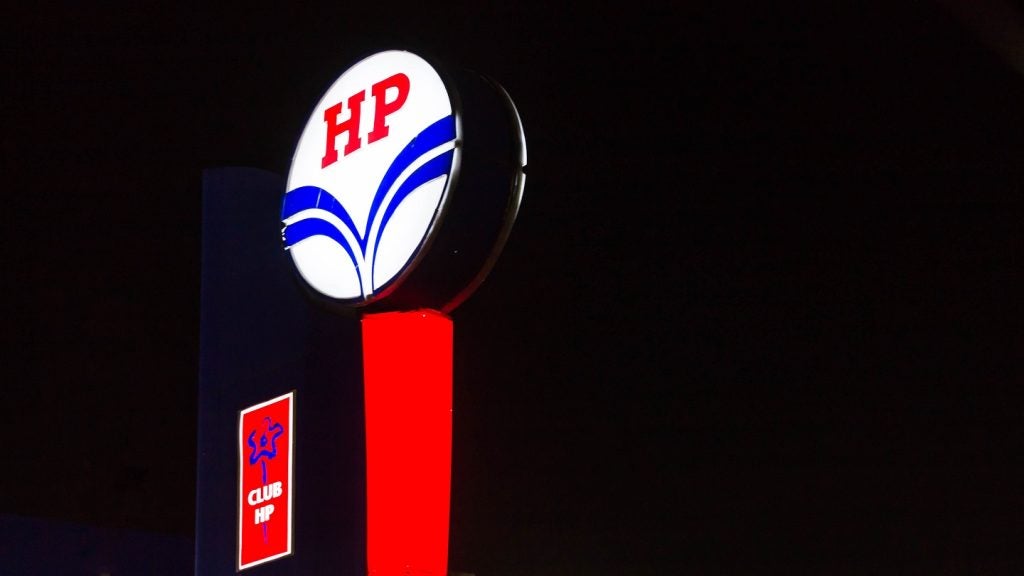The price of Brent crude increased above $97 a barrel on Tuesday amid strikes against Islamic State targets in Syria by the US and various Gulf Arab allies.
Unexpectadly increased Chinese factory activity in September also boosted the demand outlook.
Reuters reported that Brent for November delivery rose 28 cents to $97.25 a barrel while US crude increased 31 cents to $91.18 a barrel.
The Chinese manufacturing sector surprisingly picked up momentum in September despite a decrease in factory employment to a five and a half year low.
Phillip Futures senior manager for commodities Avtar Sandu was quoted by the news agency as saying that the better-than-expected PMI of China pushed the prices up.
See Also:
Sandu said: "The market was really oversold earlier and there was not much room for prices to go further down."
How well do you really know your competitors?
Access the most comprehensive Company Profiles on the market, powered by GlobalData. Save hours of research. Gain competitive edge.

Thank you!
Your download email will arrive shortly
Not ready to buy yet? Download a free sample
We are confident about the unique quality of our Company Profiles. However, we want you to make the most beneficial decision for your business, so we offer a free sample that you can download by submitting the below form
By GlobalDataThe oil price gains are being closely monitored due to concerns of a supply glut, which pulled down the prices of Brent by over 5% until now in September.
The oil benchmark is on its way for a third continuous monthly decline.
On Monday, Saudi Oil Minister Ali al-Naimi downplayed concerns about the declining price of crude oil, which spurred speculations that the Organization of the Petroleum Exporting Countries (OPEC) may cut down the oil supply to stablise prices, the news agency reported.
Source:
http://in.reuters.com/article/2014/09/23/markets-oil-idINL3N0RO1M020140923
UPDATE 3-Brent crude oil above $97 as U.S. launches strikes in Syria
Brent edges off 2-year low
* U.S. and Gulf Arab allies strike Islamic State
* China’s factory activity rose in September
* Israel shoots down Syrian warplane over Golan Heights (Recasts, adds strikes against Islamic State)
By David Sheppard
LONDON, Sept 23 (Reuters) – Brent crude rose above $97 a barrel on Tuesday as the United States and several Gulf Arab allies launched strikes against Islamic State strongholds in Syria, and as a surprise pick-up in China’s factory activity boosted the demand outlook.
Oil prices fell to a two-year low last week under the weight of a supply glut and tepid demand, but prices have stabilised as pockets of strength in the world economy have emerged and as tensions have risen in the Middle East.
In China the manufacturing sector unexpectedly picked up some momentum in September even as factory employment slumped to a 5-1/2-year low, with the HSBC/Markit Purchasing Managers’ Index (PMI) rising to 50.5 in September from 50.2 in August.
Brent for November delivery was up 28 cents at $97.25 a barrel by 0817 GMT, after falling by more than a dollar on Monday. It hit a two-year low of $96.21 last week.
U.S. crude rose 31 cents to $91.18 a barrel, rebounding from a session low of $90.58 that was its weakest since Sept. 11.
The better-than-expected China PMI fuelled the recovery in prices, said Avtar Sandu, senior manager for commodities at Phillip Futures.
"The market was really oversold earlier and there was not much room for prices to go further down," Sandu said.
The U.S. military said air and missile strikes against Islamic State were designed to disrupt "imminent attack" against the U.S. and Western interests by "seasoned al Qaeda veterans" who had established a safe haven in Syria.
They were carried out with the support of Jordan, Bahrain, Saudi Arabia, Qatar and the United Arab Emirates, the U.S. said.
At the same time Syria said Israel had shot down a warplane over the Golan Heights, confirming the first such incident in three decades.
Keeping oil price gains in check are persistent concerns over a well-supplied market that had pushed Brent down by more than 5 percent so far in September, with the oil benchmark on track for a third straight monthly fall.
But Saudi Oil Minister Ali al-Naimi on Monday downplayed worries about the impact of sinking crude oil prices, which had fuelled recent speculation that the Organization of the Petroleum Exporting Countries (OPEC) could reduce oil output.
His views were echoed by United Arab Emirates oil minister Suhail bin Mohammed al-Mazroui on Tuesday who said it was premature to decide whether OPEC should lower output policy ahead of its Nov. 27 meeting. (Additional reporting by Seng Li Peng in Singapore; Editing by Michael Urquhart)


.gif)




